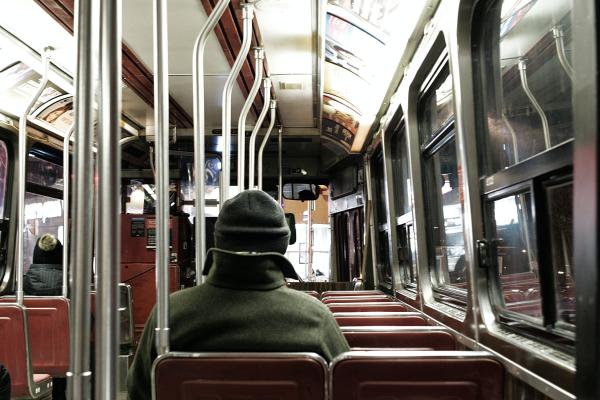Research: Public transit cuts during COVID-19 compound social vulnerability in 22 US cities

This month, an article was published in the journal Transportation Research Part D: Transport and Environment co-authored by CURA director, co-authored by CURA Director Harvey Miller. This study measured the equity impacts of transit access loss during COVID-19.
Abstract:
The COVID-19 pandemic has severely impacted public transit services through plummeting ridership during the lockdown and subsequent budget cuts. This study investigates the equity impacts of reductions inaccessibility due to transit service cuts during COVID-19 and their association with urban sprawl. We evaluated transit access to food and health care services across 22 US cities in three phases during 2020. We found stark socio-spatial disparities in access to basic services and employment in food and health care. Transit service cuts worsened accessibility for communities with multiple social vulnerabilities, such as neighborhoods with high rates of poverty, low-income workers, and zero-vehicle households, as well as poor neighborhoods with high concentrations of black residents. Moreover, sprawled cities experienced greater access loss during COVID-19 than compact cities. Our results point to policies and interventions to maintain social equity and sustainable urban development while benefiting diverse social groups during disruptions.
Authors: Kar, A., Carrel, A. L., Miller, H. J., & Le, H. T. K. (2022). Public transit cuts during COVID-19 compound social vulnerability in 22 US cities. Transportation Research Part D: Transport and Environment, 110, 103435. https://doi.org/10.1016/j.trd.2022.103435
Photo Credit: Andre Gaulin
